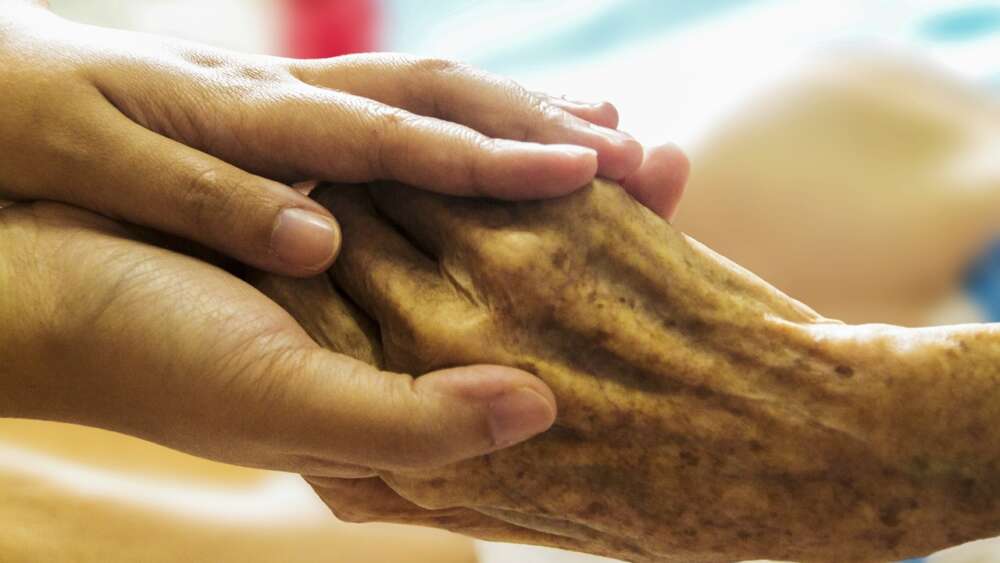A senior palliative care doctor has warned that terminally ill people will be afraid to enter palliative care in the wake of Voluntary Assisted Dying laws across the country.
Maria Cigolini, Clinical Director of Palliative Medicine at Sydney’s Royal Prince Alfred Hospital, said a lot of people already shun palliative care out of fear that such units facilitate euthanasia.
“This will enhance that disinformation and fear of authority, especially in migrant groups and homeless people,” she said.
“Potentially, Aboriginal people will avoid healthcare, as we saw in the Northern Territory in the brief time VAD was offered there.”
She mentioned the case of a man she knew whose aged parents in Holland avoid going to the doctor for general healthcare because euthanasia is so widespread there.
If VAD is to be considered a “situation of choice,” it needs to be managed outside of residential aged care, rather than imposed on those situations, she says. A requirement for VAD to be offered in palliative care units may lead to “top-down” decisions that doctors are not given a say in.
“In some hospitals in Victoria, even though you can conscientiously object, there is no protection for that. It may create a situation where somebody is being killed in a palliative care unit and most of the staff will be expected to cope with that situation and prepare everybody as if nothing is happening,” says Cigolini.
“The moral distress that will create, and the idea that people may be worried that they may be next; the safety of the care environment may be compromised and create fears and distress in nurses, doctors and patients and residents themselves.”
She says palliative care units have closed down in Canada and many people have moved out of palliative care because of such issues.
The World Health Organisation has declared that palliative care is a human right that should be offered to everyone who has a life-limiting illness, but the recently passed NSW VAD legislation contains no requirement to refer a patient to palliative care “or even to involve a specialist who may be able to make sure optimal management of their disease is offered.”
“Even though it’s touted as a choice, it really means for a lot of people there is no choice.” – Maria Cigolini
Cigolini sees a degree of hypocrisy that the NSW legislation was passed without a requirement for adequate funding of palliative care, particularly in the regions, and without taking into account the recommendations of the Royal Commission into Aged Care or waiting for the findings of the Royal Commission into Violence, Abuse, Neglect and Exploitation of People with Disability.
“So in terms of the impact, it is severe because even though it’s touted as a choice, it really means for a lot of people there is no choice – they have VAD but not the alternative of the high standard of care approach,” she says.
“And in terms of funding, the federal and state governments are well short of what should be towards the development of adequate palliative care across all sectors, and particularly in regions and in aged care.”
Cigolini says her clinical experience backed up by research shows that when a person is in a positive therapeutic relationship with their doctor, they don’t feel the need to act on their desire to die towards the end of life “because they feel supported and accompanied and assisted enough in those final years, months or weeks or days even.
“Clinical experience based on the works of [Canadian psychiatrist] Harvey Chochinov found the desire to die fluctuated tremendously and was very much based on circumstances and who was in the person’s life,” she says.
Even being part of a study decreased the desire to die without any other intervention “possibly just because the person felt their life was being validated.”
While patient factors, such as lack of family cohesion and a sense of being a burden, did fuel a patient’s desire to die, clinician factors were also important drivers, according to research by medical researcher Brian Kelly, Pro Vice-Chancellor (Research & Innovation) Office – DVC (Research and Innovation) (Public Health), University of Newcastle.
“Doctors who have a pessimistic outlook around the patients and who were not palliatively trained, their patients were more likely to persist in their desire to die than those who saw a different type of hope, and were palliatively trained,” she said.
“The actual legislative practices expected from clinicians and doctors are contrary to standards of clinical practice and how to approach someone in this situation.”
“The way the process is framed creates undue influence.” – Maria Cigolini
Cigolini said the fact that a doctor could suggest VAD to a patient in NSW undermined a positive therapeutic relationship.
“Considering it’s a therapeutic relationship, the power of suggestion is so great and so it’s devoid of the usual rigour of history taking and referral,” she says.
“Also for patient safety, standards are being ignored in this [NSW} bill. It’s also inadequate around the issue of competence and mental health problems and there’s no way of checking if there have been coercive influences. We know elder abuse is such a high problem and financial abuse is even greater. So all these things are flow-on effects of bad legislation and will mean errors are made and that people are missing out on what we should be owing to our older citizens and vulnerable citizens.
“The preamble of the bill says there should be no undue influence, but the way the process is framed creates undue influence. They don’t have to offer palliative care or other care within the bill, so it’s likely to just allow a fostering of a sense of hopelessness and depression going undiagnosed. So it’s quite a sadness.”
Email This Story
Why not send this to a friend?


